The story of Bill and Frank in The Last of Us (and its remaster and remake) is a tragic one. Naughty Dog’s series is full of tragedy, but because it features a same-sex relationship to portray the danger of forming connection in the post-apocalypse, to some, it felt like another in a long line of stories about how queer love is doomed. In stark contrast to the game’s hopeless take on their relationship, the HBO series’ version of Bill and Frank feels like a reclaiming of a gay post-apocalyptic romance the two never got to see, and the survival of a queer history the world of The Last of Us illustrates is long gone for the next generation.
As in the HBO show, the game’s Bill is a gruff survivalist so guarded against the world that even his partner, Frank, can’t break through and find a real emotional connection. When Joel and Ellie arrive in his fortified town, Bill is alive, but Frank, unable to endure Bill’s coldness and isolating tendencies, has taken his own life and left a bitter suicide note that condems his ex-partner for being content to only survive behind the traps and tripwires he’s scattered across the town’s perimeter, rather than living on the other side.
After all is said and done, Bill warns Joel of the dangers of human connection as he and Ellie depart. His viewpoint is presented as a misanthropic one the game goes on to subvert through watching Joel and Ellie’s relationship develop into a real bond. But between Bill and Frank’s relationship, as well as Ellie’s with both Riley and Dina, the series has been lacking in queer relationships that don’t end in tragedy, estrangement, or both.

In comparison to such a dour love story in the game, HBO’s show portrays Bill and Frank’s romance in an incredibly hopeful light. When Bill (Nick Offerman) meets Frank (Murray Bartlett) in episode three, “Long Long Time,” the former approaches his lover-to-be with his quintessential skepticism. Frank’s fallen into one of the many traps Bill’s built around his home, a necessity for safety and survival in this dangerous world but perhaps also a mirror of the defenses Bill has built around himself as a person. He initially holds Frank at gunpoint and tries to send him on his way, but is soon won over by Frank’s charismatic plea for food and a hot shower. Bill prepares a spectacular meal for his guest but awkwardly stammers through their early interactions, both because he seems to have a hard time relating to others on any level and because he’s sorting through his feelings of attraction to the other man.
G/O Media may get a commission

70% Off
Xbox Game Pass Ultimate Two-Month Subscription
Gaming time
Grants two months of access to Xbox Game Pass Ultimate, which gives you access to Game Pass on your Xbox, PC, and Phone, lets you play online, and even adds an EA Play subscription too, for even more games at under $10.
The awkward tension breaks when they both play Linda Ronstadt’s “Long Long Time” for each other on Bill’s piano. Frank, recognizing Bill’s passion as he sings the song’s heartfelt lyrics, jokingly asks “Who’s the girl?” Of course, he knows Bill doesn’t have a girl waiting for him out there in the zombie-infected apocalypse, but asks, as most gay men would have in the mid 2000s, as a safety buffer to find out the truth. Bill confesses: “There is no girl.” The two share a tearful kiss, then a bed where Bill confides he’s only ever been intimate with a woman before the outbreak, and then a life in which both men find the fulfillment they didn’t in the Last of Us games.
In the margins of their survival, there are glimpses into the life Bill and Frank would have lived had they met before the apocalypse. Bill supports and protects Frank as he makes the abandoned street they live on a little more homey by renovating the houses and shops around them. They hold nice brunches for their friends and bond over their taste in fine wines and their love of older music, to the point where Frank comes up with a code to play certain music over their radio to communicate with Joel and Tess. Through the safety of Bill’s automated security systems, the two find domesticity and thrive as best they can in the wasteland, and across the franchise, it’s the only love story that has a happy ending. Well, relatively speaking.

As time passes, Frank’s health deteriorates, to the point where he uses a wheelchair, requires daily medicine, and has gone from spending his time beautifying the town to painting portraits in their back patio. Eventually, he comes to a decision: He wants Bill to give him one more day in the town where they can do all his favorite things, finally exchange the wedding vows they wouldn’t have legally been able to in 2003 when the outbreak happened, then he wants to take enough pills that he’ll pass in the night. Bill doesn’t want this, but Frank asks him to think of it not like he’s asking to die, but asking to be loved in the way he wants. Bill does as he asks, but also takes his own deadly dose of pills, ensuring that they’ll pass together peacefully. He says this isn’t some tragic suicide, as he’s satisfied with the life he’s lived and realized that Frank was his purpose. Frank, clearly starting to lose consciousness, says he should be furious, but he can’t deny it’s romantic.
Though heartbreaking, Bill and Frank’s story in the HBO show is one of queer joy in the end of days. But taking into account the series’ timeline, it’s also quietly unprecedented within its universe. There are hints of their lives as middle-aged gay men before the apocalypse, such as their conversations in which Frank, for his own safety, takes the most indirect route possible toward asking Bill if he’s gay, and Bill explaining that his only previous partner was a woman. As you hear them talk around subjects until the truth is open, you can see reflected the experiences of queer people over so many decades who’ve had to navigate a hostile society while trying to find safety and community.
Given their age, Bill and Frank likely learned these social cues by living through late 20th-century American queer history. The two men would have endured the terrible grief and political silence of the AIDS epidemic, and would know of historic moments like the Stonewall riots and early Pride parades. But they also never got to experience things like the Obergefell v. Hodges decision legalizing same-sex marriage in the country because the cordyceps outbreak completely derailed world history. That didn’t stop them from having a wedding of their own, though. In the absence of existing, often oppressive social structures, they make their own possibilities.
In contrast to Bill and Frank’s lived experience of navigating society as gay men, knowledge of queer history feels completely absent for queer youth in The Last of Us, but that doesn’t feel like an oversight. Instead, it’s a meaningful piece of worldbuilding reflecting how culture can die just as quickly as people can at the end of the world. After all, when the world is overrun by an infectious disease that turns people into monsters, your home and history are often funneled into what you can carry in a backpack, and a lot of it doesn’t get taught to future generations. For characters like Ellie, a young lesbian who grew up in military quarantine zones where all she ever learned in school was how to fight against rebellious groups like the Fireflies, learning her own queer history was likely not on the curriculum.

There are concrete examples of this, such as when Ellie and her girlfriend Dina find a queer bookstore in Seattle during The Last of Us Part II. Dina notices the Pride flags still intact after all this time and wonders aloud about “all the rainbows” hanging around the shop and why all the books exclusively feature same-sex couples. Lev, a trans boy who debuts in The Last of Us Part II, navigates his own trans identity in new contexts. When he’s assigned to be a wife to one of the Seraphite elders, he shaves his head to signify his male identity and reject the role he’d been given by the group. He comes to terms with this entirely in the framework of the cult’s customs, and doesn’t even seem to know the word “transgender.” It’s a fascinating case study in how queer identity still manifests in cultures that don’t acknowledge or teach it, but it is sad that Lev has to be a trailblazer without the years of history and context of people that came before, and then face the persecution that follows.
This isn’t original to The Last of Us, it’s something we see in modern queer history, as new generations of LGBTQ+ kids come up in a time after the AIDS crisis took the lives of so many people in generations of gay men and the wider queer community through the ‘80s and ‘90s. Young queers are growing up in a time where their elders are either gone or silenced by those who want to bury their history. The Last of Us’ allegories may not be intentional, but the long-term effects on its characters are felt, all the same.
In The Last of Us Part I’s DLC Left Behind, Ellie and her childhood friend (and longtime crush) Riley talk about how almost no one gets to live a long life and die of natural causes in this world where a fungal infection completely derails any plans or hope. But there’s a scene about 40 minutes into “Long Long Time” where Bill and Frank are seen on a jog. The former is falling behind the latter until they finally arrive at their destination: a small patch of strawberries Frank planted to surprise Bill. As they eat the fresh fruit, Bill apologizes for getting older faster than his partner. Frank says he likes Bill older, because “older means we’re still here.”

In the face of Ellie, Dina, and Lev’s relative ignorance to queer history, Bill and Frank’s survival decades after the outbreak isn’t just remarkable, it’s revolutionary. By the time that scene at the strawberry patch happens, it’s been years since Bill and Frank first sang Linda Ronstadt to each other, and they still have years left. Every day they both survive together is a day where people who were alive for queer history are around to keep it alive and to make strides they never got to in a world too indifferent to maintain that history for those still to come. Even if Bill and Frank are gone by the end of the episode, this is the hope Frank is able to put into the world of The Last of Us when he’s no longer just a cautionary tale for Bill to spin. Instead, he’s a person Bill believed worth protecting and living for.
For as long as they lived in this post-apocalyptic world, Bill and Frank were a reminder that queer people are survivors, and knowledge of who and what came before persevered into the apocalypse. Ellie and Lev have yet to hear it, but it’s out there. It’s just as Frank said, older means we’re still here. We endured. We survived. After overcoming everything else, no cordyceps infection could ever stop us.

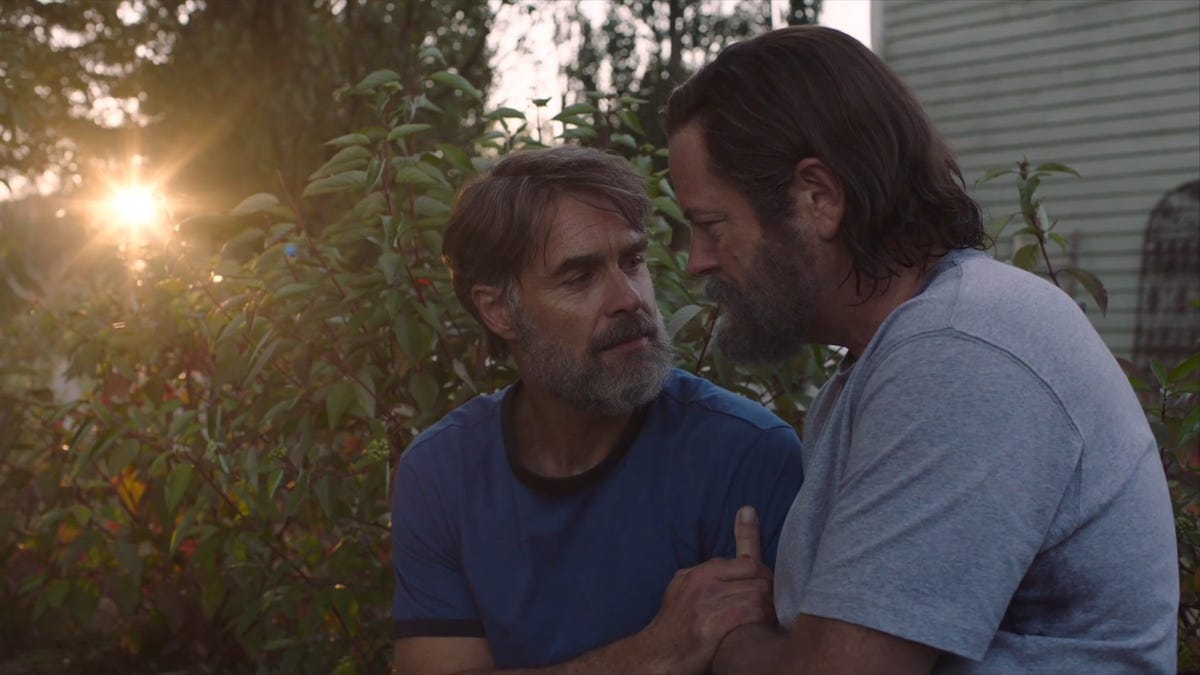
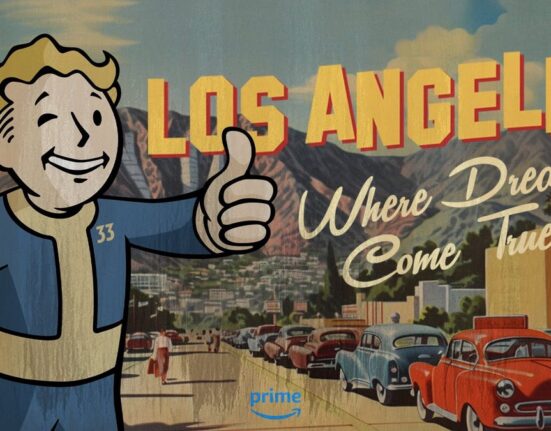

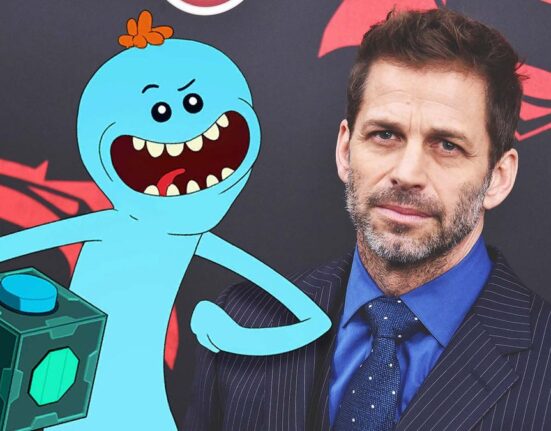
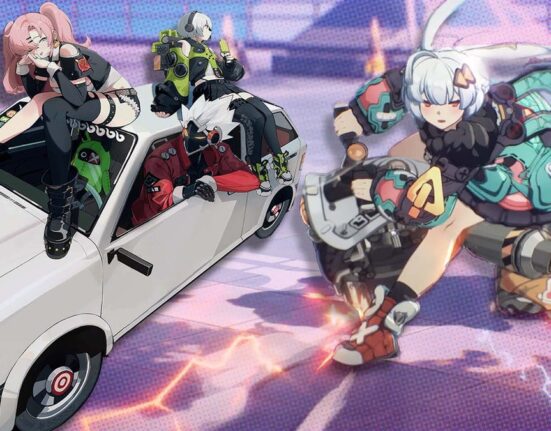
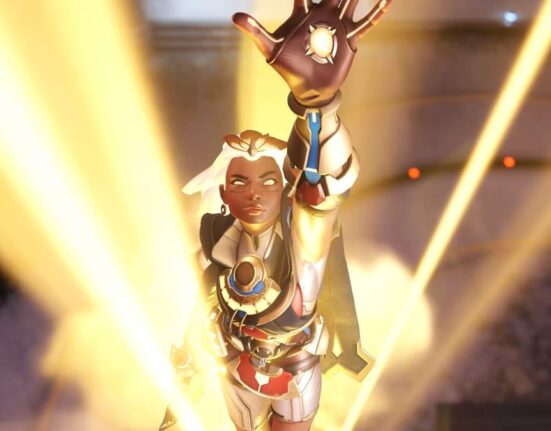
Leave feedback about this